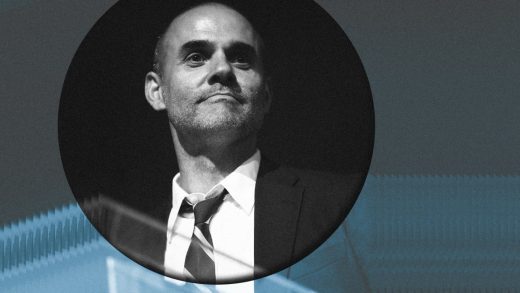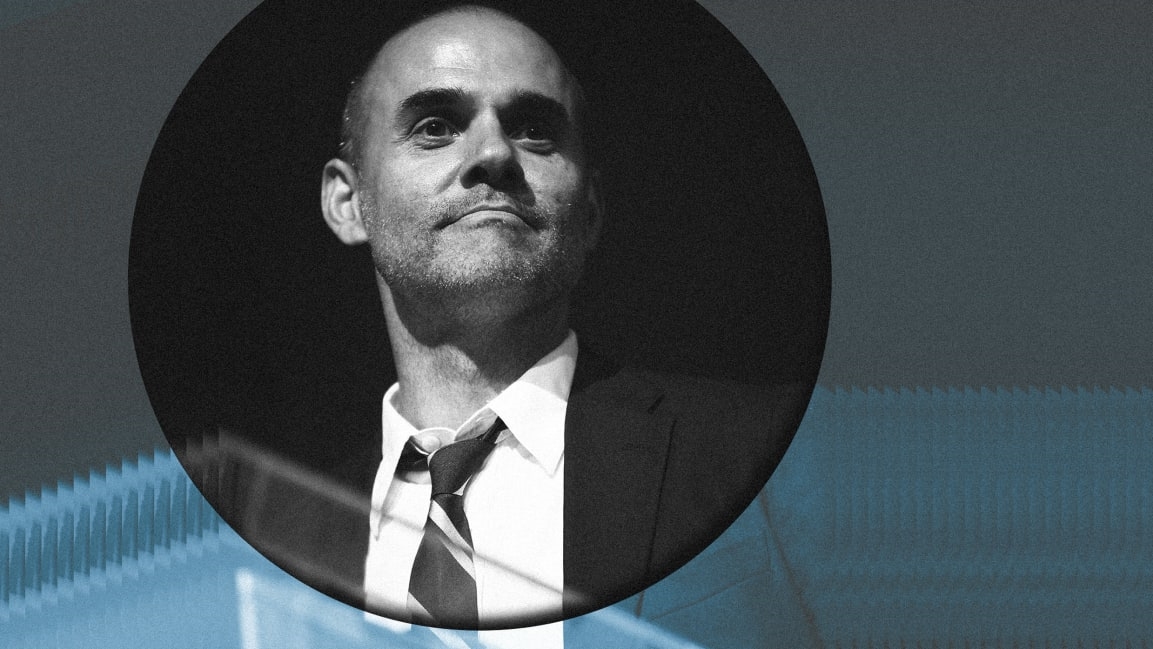The death of an indie ad agency should be a wake-up call to brand marketers
When Gerry Graf announced last week that he would be closing up shop on his independent creative agency Barton F. Graf at the end of the year, my first immediate thoughts went to two ads.
The first was for Ragu, a 2012 spot that’s probably the first (and only) pasta sauce ad to combine the jingle charm of an old beer commercial with the horror of catching your parents in a compromised position.
The second was for the game Clash of Clans. Not the 2015 Super Bowl ad starring Liam Neeson, though that one is great, but one that didn’t need a celebrity to illustrate the brand’s delightfully weird sense of humor, just a falsetto call to action.
The agency also did clever work for Little Caesars, Snyders of Hanover, Emerald Nuts, and others, but these two always stood out for me as prime examples of founder Gerry Graf’s comedic sensibility, the one that gave us some of the funniest, weirdest candy advertising ever made (never forget early aughts’ Skittles, people).
I had the chance to talk to Graf about his approach a few times over the years, and it boiled down to two things:
1) Remember, it’s just advertising.
2) If you’re going to take up people’s time, you might as well make it worth it.
At a time when there are entire product markets that revolve around helping people avoid advertising, that self-awareness and ambition to entertain is something every ad agency and brand should have at its core.
The indie ad agency isn’t dead
The ad industry is prone to aggressive navel gazing whenever there’s a major move (which is probably true of every industry, or at least creative ones). Unsurprisingly, the Graf news has produced a lot of the chatter about the state of independent agencies, the move from stable and lucrative agency-of-record relationships to project-based work, and the role for a creative-led agency in the modern ad world.
Obviously Barton F. Graf had its issues, otherwise it wouldn’t be closing, but it’s a stretch to suggest this signals doom for all indie shops. Many are doing just fine, and still others are thriving, thanks to the proliferation of project-based work and the availability of a large and growing pool of freelance talent. Look no further than the trophy cabinet of small, indie agencies like JohnXHannes and Giant Spoon. Celebrated creatives and ad execs are still launching new shops like Callen, founded by Wieden+Kennedy vet Craig Allen; Gut, launched by David Miami founders Anselmo Ramos and Gaston Bigio; and Lightning Orchard, with two of its three founding partners being former Barton execs Laura Janness and Barney Robinson.
“Because we’re more nimble, independent agencies are actually more suited to work on a project basis than large holding companies are,” Young & Laramore president Tom Denari told The Drum in reaction to Barton’s closing. “Most conglomerates are trying to appear more like us.”
Despite the very real challenges in an extremely cost-conscious, project-based ad economy, let’s not take one shop’s closing as the harbinger of death for countless others. Still, there is a valuable lesson here. But perhaps it’s less for the agencies, and more for the CMOs and other marketing execs holding the budget controls.
But there is a lesson here for marketers
Graf always focused on ideas that would kill out in the real world rather than those pitched primarily to please the suits in the boardroom. He ruminated on the consequences of saying no in an interview Friday with Adweek. A smart marketer should know that they have a good agency when that agency pushes back. That’s part of their job. Not to be Yes Men but to challenge brands to see themselves for who they are, help them figure out who they want to be, and then get them there. Marketers need to be self-aware enough to allow their agency partners to actually do that.
“Our motto is: We will not do what we’re told,” he said. “We’ll do what we think is right. I just had too many experiences when I did relax my standards, did what I was told, [then] it didn’t work, and we got fired.”
That ability to stand by high creative standards echoes a sentiment core to what Nike’s long-time agency Wieden+Kennedy believes has made it so successful. As W+K New York managing director Neal Arthur told me last year, “You need to be able to say, ‘I get they want to talk about the Chrysler 200, but let’s be honest, it looks like a rental car.’”
The most common lament around the shift to more project-based work has been for the loss of value in the kind of deeper relationships that is credited with creating the best work and long-term results. Clients clearly feel they can justify losing that value and more than make up for it with what they gain in diversifying the sources of creative ideas with multiple partners. On the flip side, the financial uncertainty inherent in project-based relationships may also mistakenly put all the creative cards in the hands of clients.
Too few independent agencies are like Wieden+Kennedy—big enough to stand up to even the largest of clients. Without that ability to hold to high standards, either the world will be subjected to yet more eye-meltingly mediocre advertising, or the industry will see more indies closing doors like Graf.
The burden is on brands to be able to shoulder agency real-talk from their now multiple partners, and use it to create the work we all might actually want to see.
Fast Company , Read Full Story
(24)



